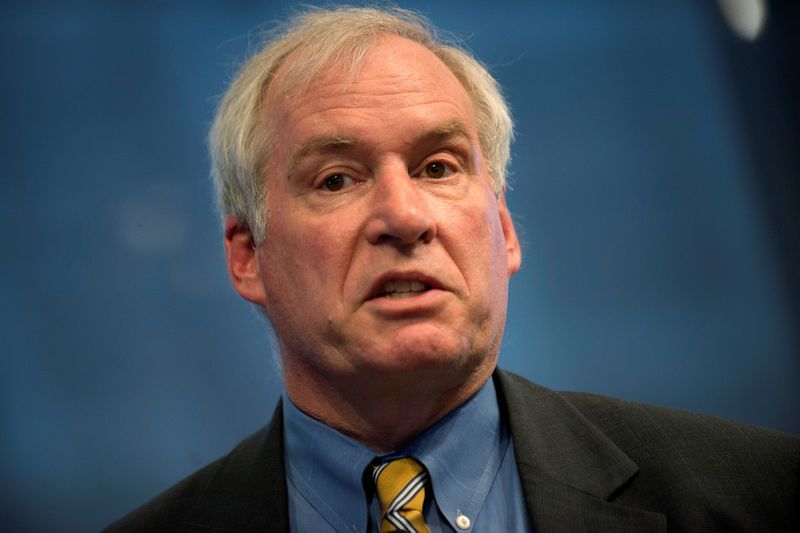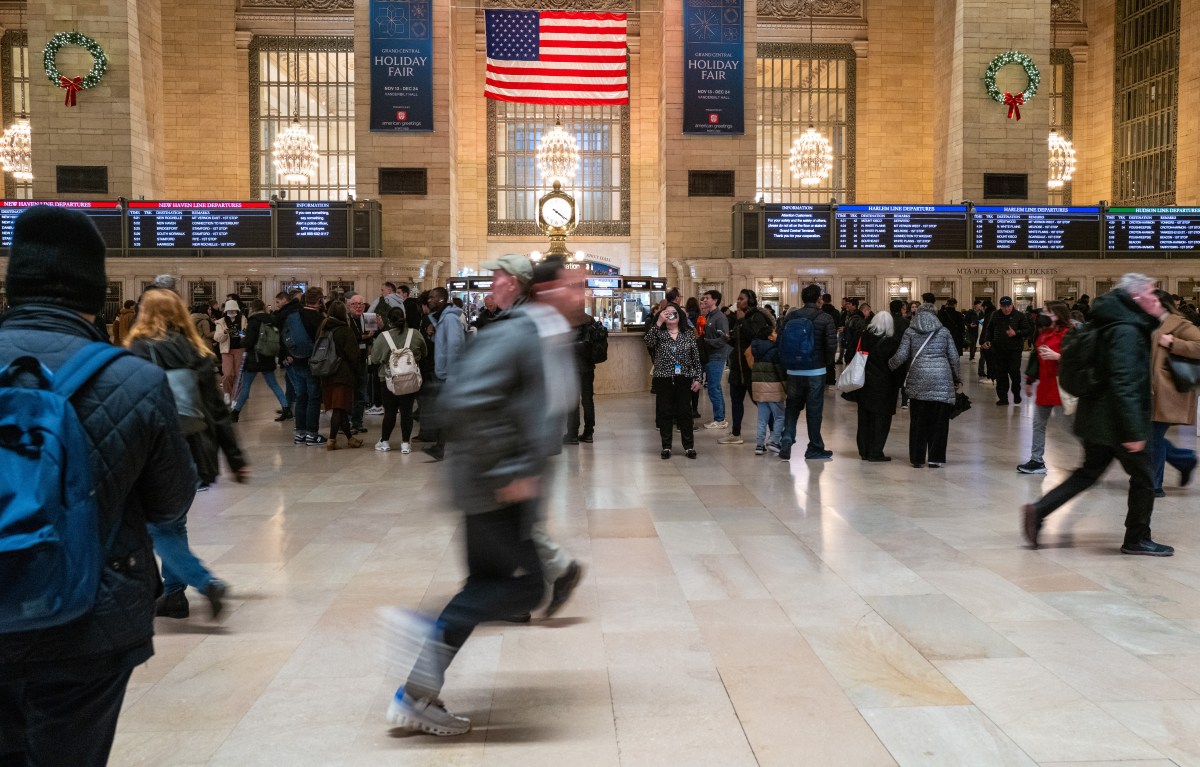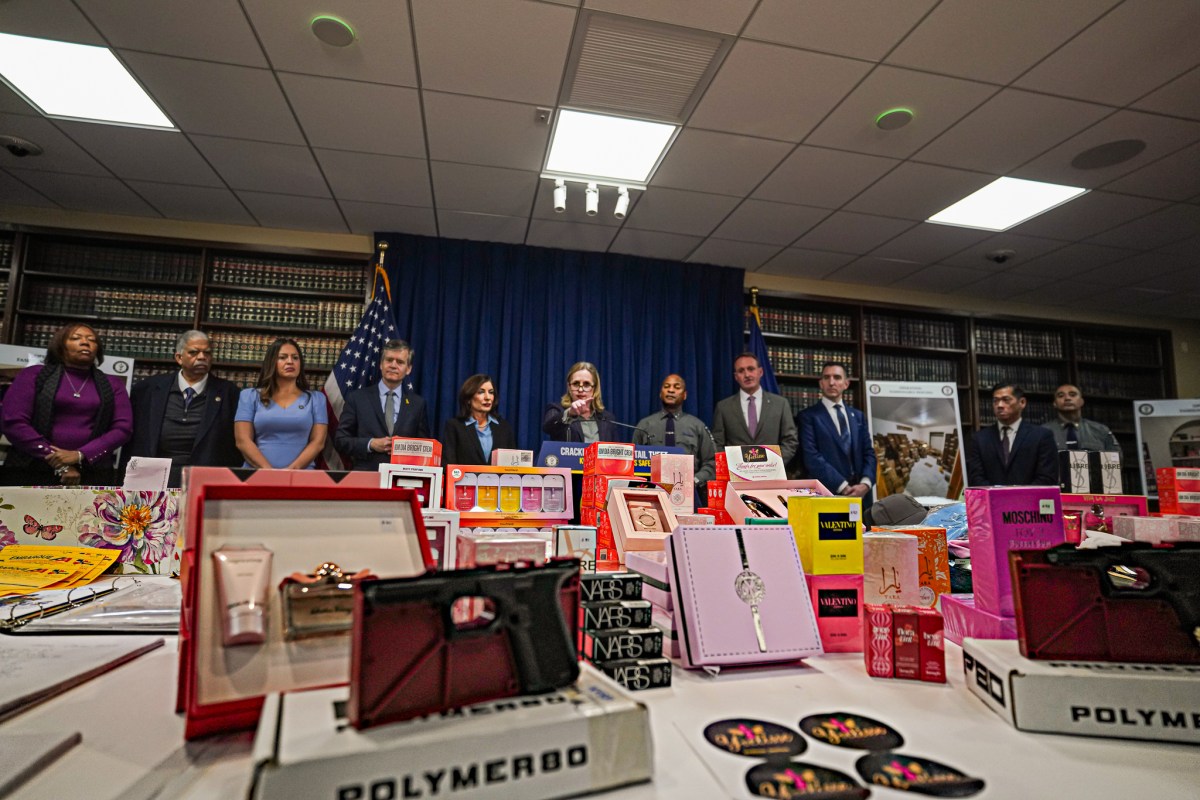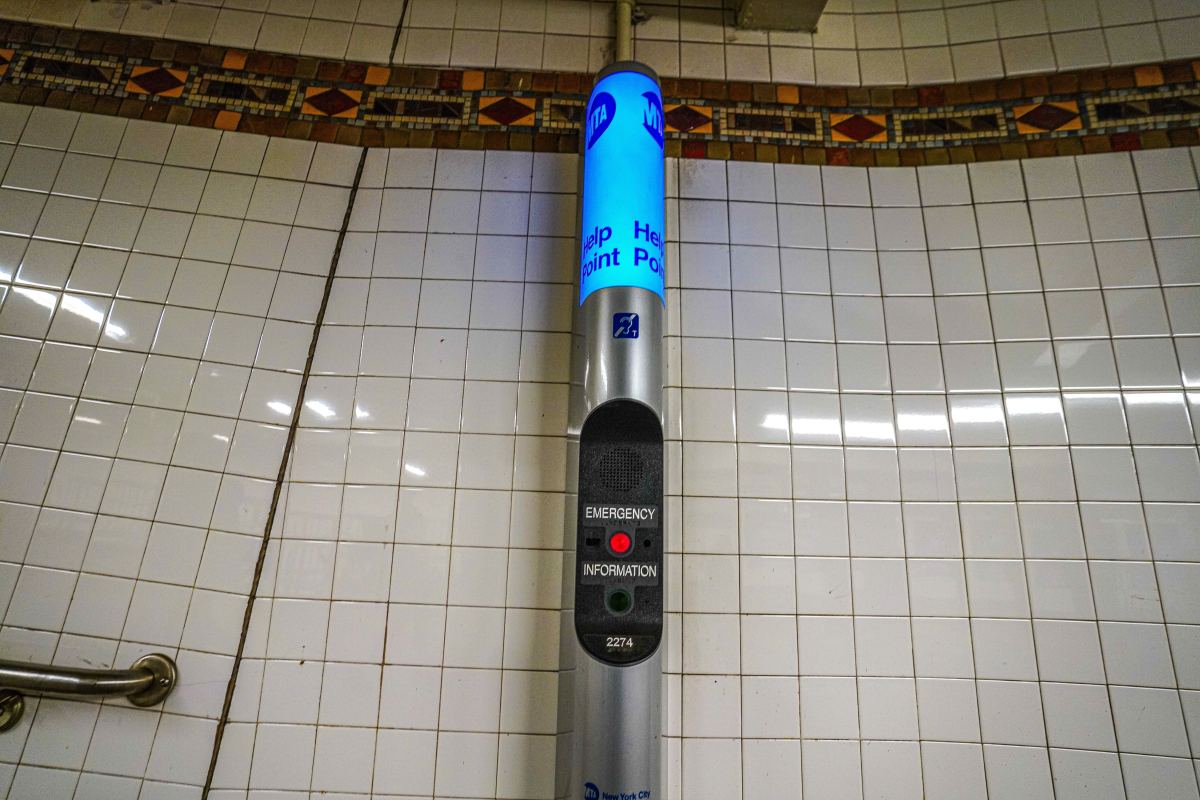(Reuters) – The Federal Reserve has no plans to dial back its super-easy policy even as the incoming Biden administration lobbies for a new and massive round of stimulus that sets the economy up for faster growth once vaccines are fully rolled out.
Boston Fed Bank President Eric Rosengren on Friday was the latest to join the chorus at the U.S. central bank calling for continued support for the economy, saying on Friday he welcomes President-elect Joe Biden’s proposed $1.9 trillion stimulus package.
“It is a big package but I think it’s appropriate,” Rosengren told CNBC in an interview.
“The economy is in a lull right now,” he said, citing a decline in jobs in December and a still-high unemployment rate of 6.7%. “The mix that we have actually on fiscal and monetary policy is appropriate.”
Rosengren’s comments come after Fed Chair Jerome Powell on Thursday and other policymakers earlier in the week pushed back after a couple of their colleagues expressed optimism for sharp economic growth in the second half of the year and signaled they would consider tapering the Fed’s asset purchase program in response.
“Now is not the time to be talking about exit,” Powell said. “I expect that the current pace of purchases will remain appropriate for quite some time,” Fed Governor Lael Brainard said on Wednesday. Both noted the economy is still far from the Fed’s goals of full employment and 2% inflation.
Analysts are penciling in faster economic growth now that vaccines are rolling out and with a Congress now controlled by Democrats more open to big government spending than Republicans typically are.
But vaccine rollout has been uneven and slow, with only about 3% of the U.S. population receiving a first of two needed doses so far.
(GRAPHIC: Tracking the vaccine rollout, day by day – https://graphics.reuters.com/USA-ECONOMY/VACCINES-DAILY/jbyprnomnpe/chart.png)
That experience, along with the appearance of new strains that are more transmissible and new expert forecasts that some 85% of the population may need to be inoculated before the pandemic can be quelled has brought Minneapolis Fed Neel Kashkari to his new view: that the economy will continue to suffer the effects of pandemic-related restrictions for another year.
“It’s clear that the pandemic has a way to go and that many many people and many many businesses and hospitals need support until we can get this pandemic behind us, and get back to what we all know is normal, and hopefully strong growth from there,” Kashkari told a virtual town hall held by the Minnesota Hospital Association. Americans, he forecast, will still need to wear masks and keep social distance through the end of the year.
The Fed next meets to discuss monetary policy on Jan. 26-27, and is expected to make no changes to its interest rate or bond-buying policy at that time.
(Reporting by Ann Saphir; Editing by Chizu Nomiyama)





















